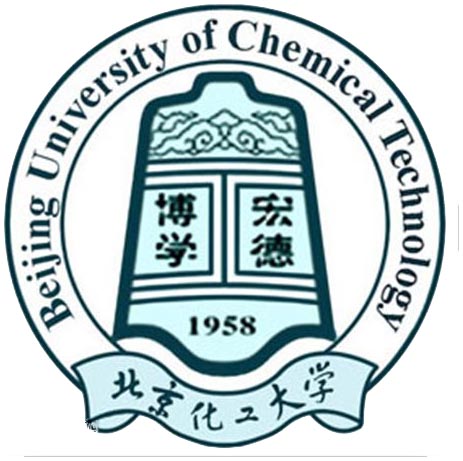Why Study in BUCT ?
Beijing University of Chemical Technology (BUCT) was founded in 1958 and is affiliated to the Ministry of Education. As one of China's key institutions of higher learning, BUCT has developed from an institution of scientific specialties to a comprehensive university with a core curriculum of science, economic management, languages and other liberal arts.
The university, covering an area of 64.4 hectares, is composed of three campuses. The main campus is conveniently located on the eastern section of the North Third Ring Road, southeast of the Asian Games Village, with a quiet and attractive environment. The west campus near the Shangri-La Hotel enjoys an advantageous location on the central section of the West Third Ring Road, and the north campus is near the Ming Tombs, a famous scenic spot.
BUCT consists of 9 Schools -Chemical Engineering, Materials Science and Engineering, Mechanical and Electrical, Information Science and Technology, Economic Management, Science, Humanities and Law, Further Education, and Vocational Education. More than 1800 staff members are working on campus, including 4 academicians of the country and over 460 full and associate professors. Around 12000 students are currently studying at BUCT including more than 1700 for Master's or Doctoral degrees. There are 2 Postdoctoral Programs, 11 Ph.D. specialties, 22 Master Programs and 29 Bachelor program specialties offered in the university. Chinese students and foreign students can apply for studying in the all specialties.
BUCT has paid great attention to scientific research. It has built 15 research institutes and eight research centers including the National Research Center for Carbon Fibers, the Ministerial Research Center for Membrane Engineering and Technology, the Ministerial Center for High Gravity Technology, and the Key Laboratory of Science and Technology of Controllable Chemical Reactions. The university has published three kinds of academic journals, distributed both at home and abroad. In recent years, BUCT has undertaken a large number of research projects as state science and technology key tasks, and others supported by the National Science Foundation and various ministries and enterprises. This has not only strengthened technological cooperation ties with many large domestic enterprises, but also resulted in significant economic and social benefits.
As China becomes increasingly open to the world, the university has established links for academic exchange and cooperation with many foreign universities and industries. In the past ten years, over 700 visits have been arranged for the university's scholars to give lectures or to undertake advanced study abroad. Meanwhile, more than 2500 foreign experts have visited BUCT. The university has also successfully sponsored many international academic conferences. In recent years, an ever-increasing number of foreign students have studied here for Doctoral, Master's, and Bachelor's degrees and on Chinese Language Courses (Mandarin).
 :
:
